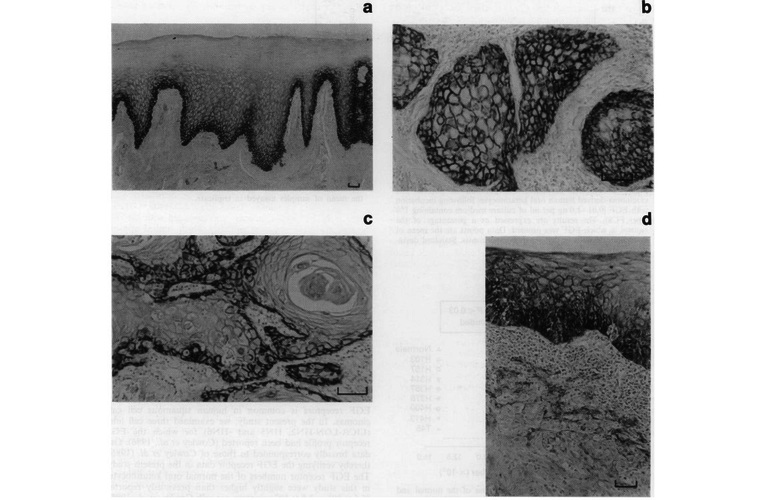Cat. #153420
H157 Cell Line
Cat. #: 153420
Unit size: 1x10^6 cells / vial
Tissue: Buccal mucosa
Disease: Cancer
Model: Tumour cell line
£575.00
This fee is applicable only for non-profit organisations. If you are a for-profit organisation or a researcher working on commercially-sponsored academic research, you will need to contact our licensing team for a commercial use license.
Contributor
Inventor: Stephen Prime
Institute: University of Bristol
Tool Details
*FOR RESEARCH USE ONLY (for other uses, please contact the licensing team)
- Name: H157 Cell Line
- Alternate name: H-157; h157
- Research fields: Cancer
- Tissue: Buccal mucosa
- Disease: Cancer
- Growth properties: Adherent
- Model: Tumour cell line
- Conditional: Yes
- Description: H157 was established from a squamous cell carcinoma (SCC) of the buccal mucosa (20mm-40mm) of a male patient, age 84. H157 has the following features: polygonal morphology, STNMP stage II, well differentiated and node positive tumour. This cell line has mutant p53, codon 306 exon 8, G to A; wild type K-, N- and Ha-ras. Cultured cells are keratin-positive. H157 cells are non-tumourigenic in athymic nude mice by subcutaneous injection and on injection into the floor of the mouth (orthotopic), but form epidermoid cysts subcutaneously. Explore more human oral SCC cell lines from the same inventor including: H357, H376, H400, H314 and H103.
- Cellosaurus id: CVCL_2458
Target Details
- Target: Human oral squamous cell carcinoma
Handling
- Format: Frozen
- Growth medium: Split sub-confluent cultures (70-80%) 1:8 to 1:10 5% CO2; 37°C. Suggested seeding density 5 x 1000 cells/cm2. DMEM:HAMS F12 (1:1) + 2mM Glutamine + 10% Foetal Bovine Serum (FBS) + 0.5 ug/ml sodium hydrocortisone succinate.
- Unit size: 1x10^6 cells / vial
- Shipping conditions: Dry ice
References
- Yeudall et al. 1995. Eur J Cancer B Oral Oncol. 31(2):136-143. PMID: 7633286.
- Prime et al. 1994. Br J Cancer. 69(1):8-15. PMID: 8286215.
- Yeudall et al. 1993. Eur J Cancer B Oral Oncol. 29B(1):63-67. PMID: 8180579.
- Prime et al. 1990. J Pathol. 160(3):259-269. PMID: 1692339.









